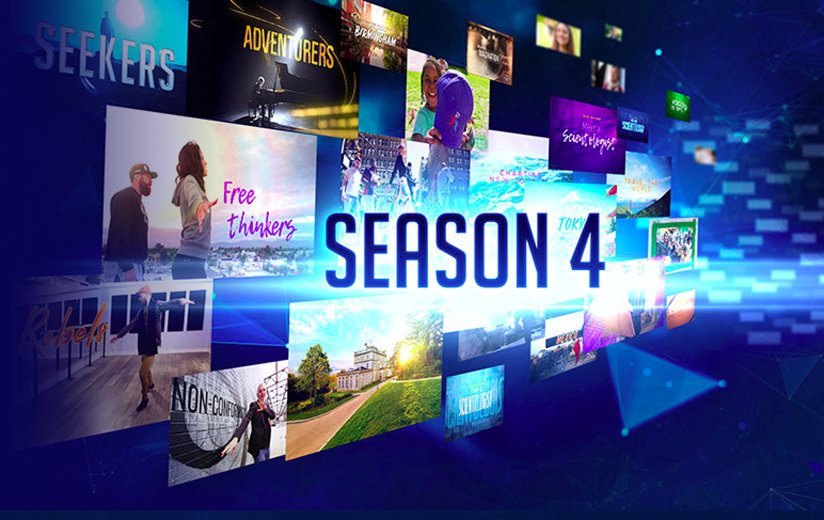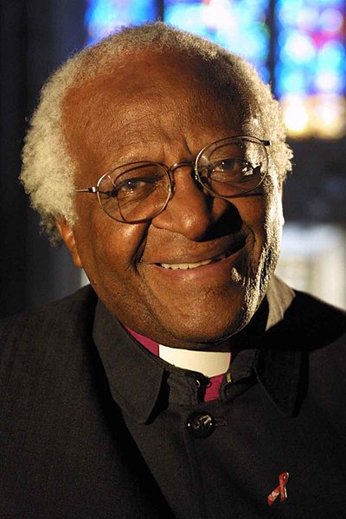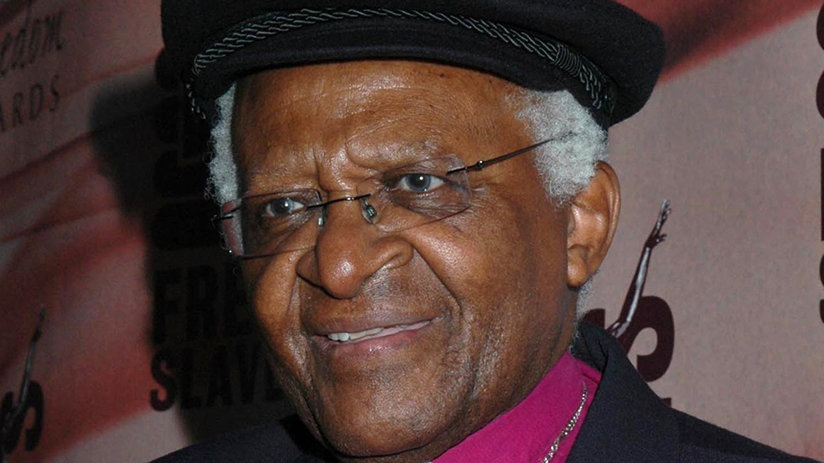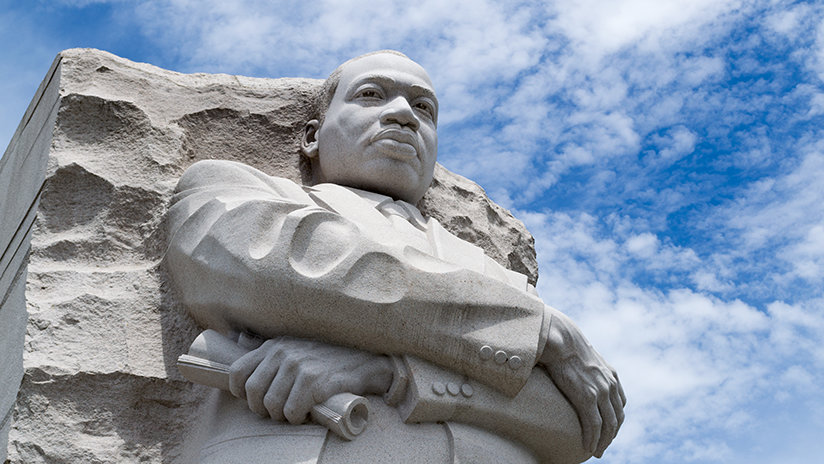
-
HOME
-
WHAT IS STANDOur Mission Our Values Our Help Contact
-
WHAT WE FIGHT FORReligious Freedom Religious Literacy Equality & Human Rights Inclusion & Respect Free Speech Responsible Journalism Corporate Accountability
-
RESOURCESExpert Studies Landmark Decisions White Papers FAQs David Miscavige Religious Freedom Resource Center Freedom of Religion & Human Rights Topic Index Priest-Penitent Privilege Islamophobia
-
HATE MONITORBiased Media Propagandists Hatemongers False Experts Hate Monitor Blog
-
NEWSROOMNews Media Watch Videos Blog
-
TAKE ACTIONCombat Hate & Discrimination Champion Freedom of Religion Demand Accountability
If You Find Yourself Stuck in a Motel in a Thunderstorm
My wife and I recently had a free weekend and decided to drive to the coast. But as we traveled west, dark clouds rolled in and, by the time we found a motel room, lightning flashed, thunder boomed and the rain poured down. Since we hadn’t booked in advance, our room was overpriced and gloomy, but we were stuck there for the evening—with a bottle of wine and some cashews. So we turned on the television and toggled through the stations.
We found hundreds of channels of online shopping, celebrity gossip, political wrangling, game shows, reality shows, and on and on, larded with ads for antidepressants, food, kitchen gadgets, attorneys, and so on. TV was as bleak as the weather outside. The wifi was a bit weak, but I was about ready to try Netflix on my iPad when my wife suggested we tune in to the Scientology Network on DIRECTV.

We tuned in just in time to watch “Children of the Light,” a documentary about Archbishop Desmond Tutu and his and his nation’s struggle with apartheid in South Africa. I was fascinated by the contrast of Tutu’s insistence on nonviolence and P. W. Botha’s insistence that races be separate—or else. Tutu brought pressure against the government with international divestment and economic sanctions, Botha threatened reprisals and cracked down. In the end, all the races of South Africa were given the vote, and apartheid was dumped.
It contained a message about mankind that meant something—that showed human beings at their finest.
Afterwards, Tutu was appointed as chairman of the Truth and Reconciliation Commission, which championed amnesty for all those who committed atrocities during apartheid on the condition they confess what they had done. Botha refused to cooperate and was given a jail sentence, but others came forth to confess their crimes. The process helped foster a climate of forgiveness and reconciliation, bringing in a new era of democratic government under Nelson Mandela, who had been imprisoned for 27 years under apartheid.

Later, talking with my wife about this program, we compared all the satellite and cable channels, all the programs, all the advertisements, all that so-called “entertainment” flowing across the networks with the story of a man who changed history. Most programs were merely time-killers, placeholders, background noise while waiting out a storm. “Children of the Light,” however, reflected not the ordinary, the mundane, but a being who inspired millions and reminded us of what we are capable. The comparison was no contest, that program on Scientology TV’s Documentary Showcase won hands down. It contained a message about mankind that meant something—that showed human beings at their finest.
When the news sours the breakfast, curdles the coffee, pulls a bleak darkness over a formerly bright morning, my wife and I click the Scientology Network app on our Roku. It’s not some Pollyanna version of life, it doesn’t avoid the harsh realities—it deals with drug addiction, psychiatric barbarity, racism, illiteracy and human rights, even while it highlights the brighter side of things—but its focus is not on the futility, the hopelessness, the glass half empty, but on hope and solutions and answers. And in the end, it is that which reaches into us and stirs us to rise above the mundane, the dim motel rooms and flickering images. That is what inspires our better nature and urges us to reach for and create a brighter future. Life is made of life not death, and humanity is defined not by wars and catastrophes, but by the advance of ideas and understanding.
If one wants to mark the text of one’s time here on Earth, who better to highlight than Tutu, Mandela, the Dalai Lama and others, who employ communication, persistence and intention to solve the plagues of mankind?
Long after that trip to the ocean—the motel room, the thunderstorm, the next day on the beach—has faded to memories and survives only in the form of a few photos on a cell phone, the lessons of how apartheid was resolved will stand as a lesson for tomorrow, a standard by which to measure and inspire oneself.
In the aggregate, those hundreds of streaming channels are chiefly “empty calories.” And much of the negative, crass and violent content is only, in the words of Shakespeare, “a tale told by an idiot, full of sound and fury, signifying nothing.”
So if you find yourself stuck in a motel room in a thunderstorm, or under a cloud called “the morning news,” check out Scientology.tv. A brighter future is being built by people wielding effective technologies and those who work alongside them, and you’ll find many of them on our channel on DIRECTV.









